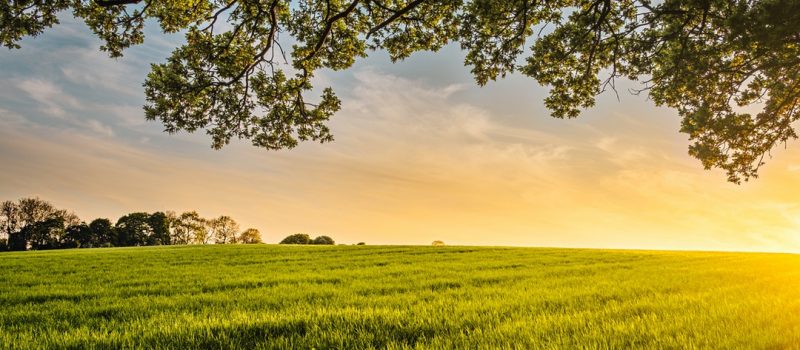It may be that the toughest part of farming is finding the right land. Beginning farmers looking to purchase farmland must find just the right land to fit their business plan.
Even if you’re planning on buying a small farm, there are still many factors to consider. Here are five tips on how to buy farmland.
1. How to Buy Farmland Using Reputable Rural Land Real Estate Agent
Many real estate agents are knowledgeable, but their areas of expertise are for city and suburban properties. It’s another thing to have an agent who knows about farming. They need to know about water rights and soil types, for example.
Good agents take the time to present you with critical information. They guide you through the decisions involved in buying farms. Those decisions include zoning, easements and so on.
Rural real estate is complicated. Finding a good agent with experience in land purchasing is a worthwhile investment.
2. Infrastructure and Site Features
Infrastructure includes barns and other outbuildings. How many are on the property? Does the farm come with fencing or farming equipment? All of these are assets.
You need to know which you will have upon the sale and which you need to acquire afterward.
You should also evaluate the site’s natural assets as well. Check the slopes on the land and other characteristics that affect your farming goals. Some of those include sunlight exposure, flood zones, and so on.
If you are still looking to buy farmland, you can find land here. Look for infrastructure and natural assets in the photographs and listing descriptions. Buying farmland is a sound investment. But you have to do your homework first.
3. Meet Your Neighbors
Neighbors are an asset to country living. Try to meet your neighbors and establish a rapport before you buy. A good neighbor is vital in the rural setting. You will learn to rely on each other over the years.
4. Understand Tax Status and Zoning
To understand your property taxes, you need to know your farm’s zoning class. If a farm is exclusive to farm use, then you pay less property tax.
Though, the previous landowner must have used the land for farming. If he or she didn’t, then you must reapply for a special tax assessment to restate your land as farming property.
5. Research Your Soils and Water
Before you close on your farm, you should access the soil information from the NRCS web soil survey. It is available online and easy to use. You can review information related to your soils.
Information includes type, classification, and drainage class. It also provides yield data for livestock and crops.
Water rights law is complex. So, be sure you understand your rights and usage. You’ll need to know if your rights are valid and active. Have a conversation with the water master in your county.
Understand what your water certificate means with regards to water and irrigation. You should also know what water sources you have on your property, like irrigation ditches, ponds, wells, or creeks.
You also need to know which of those sources you can draw from for irrigation. Finally, know where your drinking water comes from. It may require treatment for potability.
How to Buy a Small Farm (or a Large One)
Whether you’re looking to buy a small farm or a larger one, the tips listed above apply. In short, the best advice on how to buy farmland is to research and educate yourself about farming and the land you wish to purchase.
Please visit your Business Resources page for more informative articles for your farming business.

